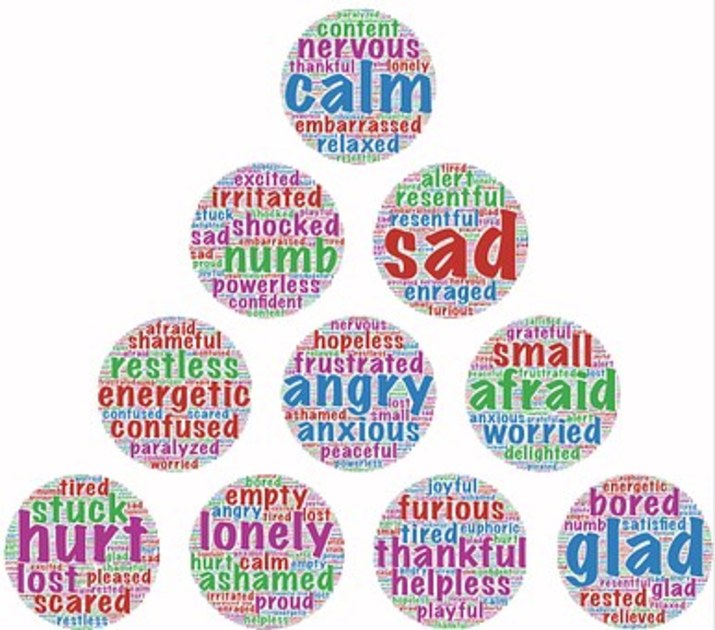
Mixed Emotions - Parshat Noach
Stuff happens. That's a given. Sometimes that stuff is good and pleasant and we accept that reality happily and with little question. We rarely find anyone beseeching God as to why a particular positive experience befell him. Yet if that same experience is negative or painful we look for reasons including divine reasons. Is this a double standard? Are we being fair to God - or to ourselves?
As we view the behavior of Noach after the flood, mentioned in this week's parsha, Parshat Noach, we notice two different reactions - one immediate and one long-term. His immediate reaction is to bring an offering to God.1 The overriding understanding is that the offering was a form of Thanks Offering. The second reaction, one that is discernible only after the passage of some time, is a more complex one. Noach, having been traumatized by the destruction and devastation he saw, was perhaps led to plant a vineyard and get drunk.2
As humans we are complex enough to have both emotions. Depression, trauma and despair on the one hand and extreme thanks on the other together with a dream for rebuilding the future. At any one time, any of these emotions may have the 'upper hand'. We may have subsequent periods in our lives where one or the other of the emotions may be even almost nonexistent. There can also be 'triggers' in our environment which make us recall and sometimes recreate entire experiences including pleasant or unpleasant memories and feelings.
Parallel to this we have other processes going on. Since our emotions are often based on our cognitive interpretation, we can influence our emotions as well. The attitude we choose can determine how we integrate experiences into our memories and personalities.3
Sounds complex. It can be. Our lives can be complex. That is part of the Human Experience.
Different emotions can be present at the same time and may even be diametrically opposed to one another. We can allow for the existence of both. An emotion that is unpleasant is not necessarily a "bad" emotion. It tells us something, perhaps a story. Sometimes it just points out that a certain experience was important to us.
Experiencing pain or loss is human. Even experiencing depression or despair is also human. How we use that experience is in our control once we become aware of it. Experiencing joy and despair simultaneously or even not simultaneously can be confusing. Yet it is also human. Learning to accept this is one of the more arduous challenges clients of mine have, but the rewards, they tell me, are worth the struggle.
Our attitude towards those conflicting emotions helps us learn from and gain control over our reaction to them. We can learn to appreciate our ability to experience emotions, and through that experience be able to enrich and enhance our lives.
Notes
- Bereishit 8:21. See also the commentary of Abarbanel
- 9:20-22. Note also a previous blog on Noach and 'Survivor Syndrome'. https://frumtherapist.com/AvrahamAllanFriedman/Survivor-Syndrome-and-Us.html Despite his righteousness before the Flood, and the difficult time Noach had before, during and after the Flood, Chazal take him to task for not speaking up on time on behalf of his generation. Zohar Bereishit 254b is just one example
- According to Dr. Viktor Frankl, we not only have the ability to choose our attitude, in can even lead to a more meaningful life. See 'The Doctor and the Soul: From Psychotherapy to Logotherapy'. Knopf Doubleday Publishing Group. Kindle Edition. Location 162.
Have A Great Shabbat!![]()
For More Information On Logotherapy And How You Can Create A Fuller, More Meaningful Life, Or To Book An Online Session,
- Call Me At +972-54-589-3399, or in Israel 054-5893399
- Contact Me Thru my email at [email protected]

 Previous
Previous

